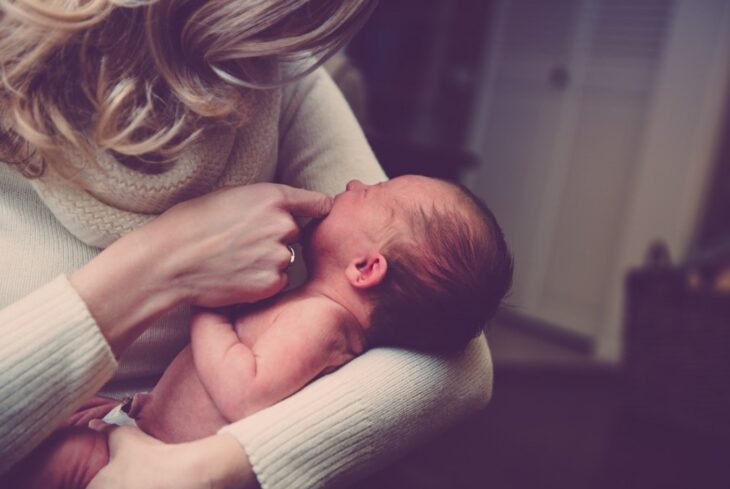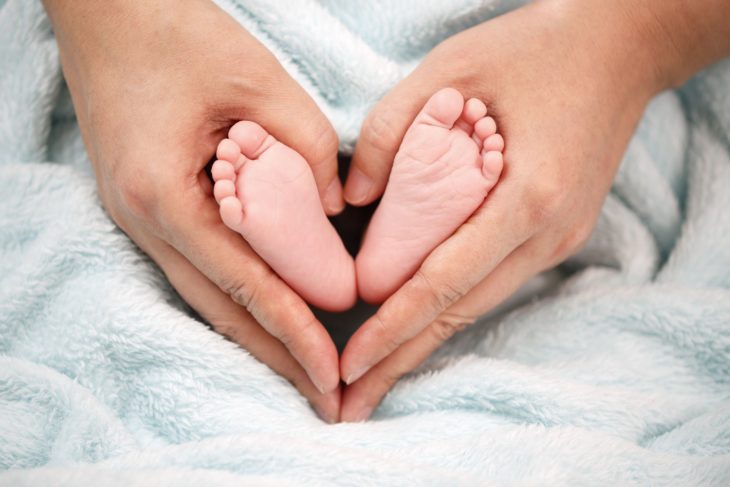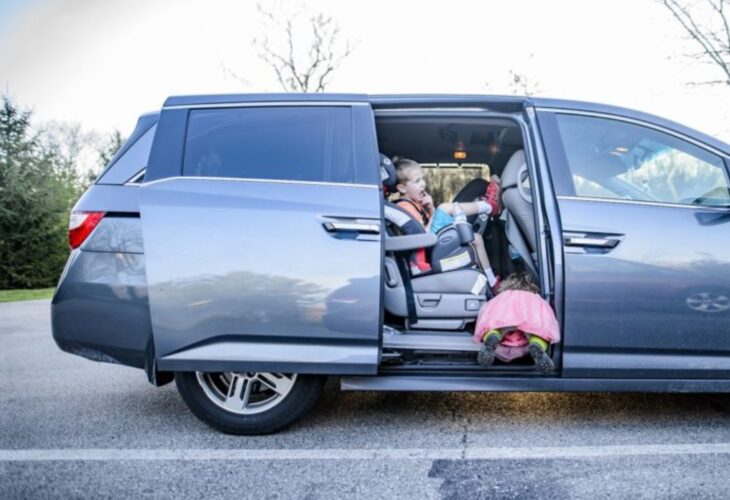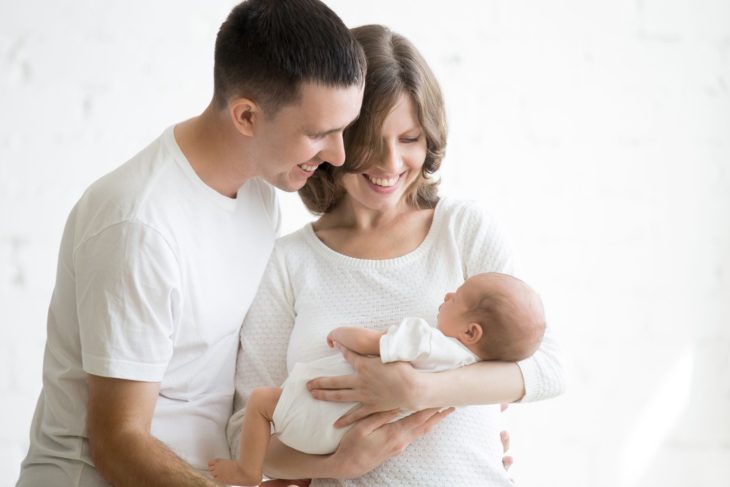Beginning your journey as a parent starts long before there’s a newborn to care for. Whether you decide to conceive or adopt, having a baby is one of the biggest responsibilities you will ever undertake. Parenthood is expensive, and some people are afraid to have a child because they fear they won’t be able to provide the life it deserves. While you don’t need to be earning six figures to start a family, you do need to understand the costs of having a baby and how much you should reasonably expect to pay each year. By planning now, you’ll be able to enjoy the process of becoming a parent with less stress and anxiety.

Source: Medium
How Much Does It Cost?
Supplies, labor and delivery costs, adoption fees and increased utilities will all come into play with a baby in the mix. From diapers and formula to childcare costs, you’ll need to consider every aspect of your life and how this will impact your budget. From the first 18 years to early adulthood, you’ll be supporting a human being for well over a decade. New parents can expect to spend at least $2,000 to $3,000 before their baby is even born; supplies such as a crib, car seat, highchair, diapers and clothes will take up the bulk of your initial expenses.
Beyond these basics, you’ll also need to consider the cost of any fertility treatments or adoption fees, which can range anywhere from $5,000 to over $40,000. Labor and delivery costs are typically $10,000 in the US. Even if you have health insurance, you’ll need to consider your deductible, copays and premiums as well as the added cost of maternity care. There will also be your first doctor’s appointments to think about. Having a child qualifies as a life event, so you will be able to buy new insurance or upgrade your plan outside of the annual open enrollment period.

Source: goodhousekeeping
Housing
Supplies are a given, but there are other living costs you will want to address before having a baby. The biggest one is housing. Do you want more room now to serve as the foundation for your family, or is your current arrangement financially sound for the next year or so? Having a baby or toddler can make moving more stressful than it already is, so you should think about not only the monetary aspects of relocation but the emotional factors as well. If you are not able to currently pay your rent or mortgage comfortably, then this should be your top priority before having a baby. Housing is security, and the last thing any parent should have to worry about is their ability to provide something so basic to their child.
Moving can also be difficult because acquiring a lower cost of living might require moving farther away from family and friends. You will want to be close to them as you welcome a new addition to your family, but you also can’t do that properly if you’re unable to comfortably keep a roof over your head. Ideally, you should spend no greater than 30 percent of your household’s monthly income on housing. This golden rule of thumb gives you plenty of funds leftover for utilities, food, bills and other costs.

Source: Hike it Baby
Transportation
You may want to trade your car in for a more family-friendly vehicle, but bigger cars also tend to have higher monthly payments and longer loan terms. Consider how much a larger car will also increase your fuel and maintenance costs. If you are already happy with your vehicle but want to save, you may consider refinancing. You can refinance your car online with no hassle by filling out a simple application. The process is simple and has no obligation; you simply provide your details and get to review options from WithClutch.com. This includes projected savings over the course of your loan’s term. If you decide to go with one of the choices, your new plan and any cash you’re owed will be approved in 24 hours. When you buy a car for a baby, keep in mind that this vehicle will need to be able to grow with your child. It’s impractical to expect yourself to change cars every year or two; seek out long-term investments that will become staples in the family’s life.

Source: Mother, Baby & Child
College and Education
You might think it’s too early to worry about college, but setting up a fund now can give your child a bright start to their future. There are several options for the college fund. A 529 plan or IRA can provide additional tax benefits that help you save more each year. Generally, it’s best to allocate at least $2,000 a year to your child’s fund and let it accrue interest. Some parents can only place $25 a month in their baby’s college fund, and that’s oaky. Whatever you can save is a valuable contribution.
Before college, you will also have to consider education and childcare. Reputable, full-time daycares or nannies cost thousands of dollars a year. You may want to arrange sitting options with your parents or close family members, or find a way to have your child attend only part-time. The average cost of childcare and education will vary by location and even by year. It’s a good idea to start looking at daycares before your baby is born to get an idea of how much you’ll need to budget based on their age and your needs.

Source: fool
Simple Ways to Save
Having a baby will always end up being expensive, but you can cut some of the costs. First and foremost, sign up for a baby registry online. When you host a shower, family and friends can use the list to cover essential items rather than buy things you don’t need. The growing trend of a minimalist baby registry ensures you get all the necessities. You can also ask for financial contributions to your family’s budget or your child’s college fund. Asking relatives and friends for any hand me down’s can also save you hundreds. Shopping for gently used baby items is also a great way to be more eco-friend. You should also assess your own spending habits more closely, and curb any bad habits. Even if the extra money just stays in your bank account, the added financial security will always be welcomed with a baby on board.
